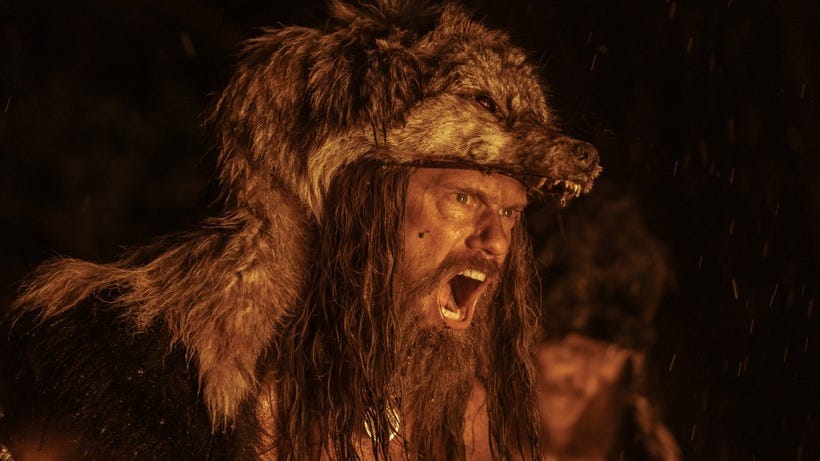Are you not entertained? On Robert Eggers’ 'The Northman' and Ridley Scott’s 'Gladiator'
by Elena Lazic
At first glance, Robert Eggers’ The Northman does not seem all that different from other epic films set in the distant past, and comparisons to Ridley Scott’s Gladiator — as much from critics as from the film’s marketing team — are not totally unwarranted: in both films, the son of a betrayed King/Emperor becomes a slave and vows to avenge his family against all odds.
But this guiding principle — vengeance — is of a different kind and origin in both films. Scott leans into a very primal and elemental idea of it in Gladiator, one that is simply connected to honour and can immediately be grasped by any audience with a basic sense of justice and fairness: if somebody hurts the people you love, most people’s instinct would be to seek to make the perpetrator pay in some way (or if not most people, then at least most Hollywood film characters). In The Northman, that reflex similarly plays an important part in Amleth’s revenge ploy, but it isn’t its only source. Even before Amleth’s father is killed, the film makes clear two essential Viking customs which state that the most honourable death for a man is in battle, and that every son must fight his father’s enemies; put these two together and you get the concept of vengeance basically written into law.
Keep reading with a 7-day free trial
Subscribe to The Animus Substack to keep reading this post and get 7 days of free access to the full post archives.




